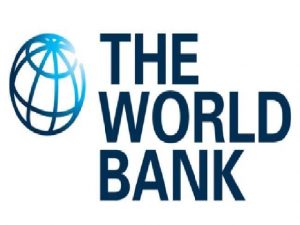Women, Business And The Law 2024 : World Bank Report

The World Bank (WB) Group has released a report titled-Women, Business and the Law 2024, presenting in-depth analysis of the challenges obstructing women’s entry into the global workforce, hindering their ability to contribute to prosperity for themselves, their families and their communities.
Report:
- Its indexes align areas of the law and public policy instruments with the economic decisions that women make throughout their lives and careers, identifying where and in what areas women continue to face hurdles.
- It has 10 indicators- Safety, Mobility, Workplace, Pay, Child Care, Marriage, Parenthood, Entrepreneurship, Assets, and Pension.
- Safety from violence and access to childcare services are very crucial indicators.
- Among the Organisation for Economic Co-operation and Development (OECD) high-income economies, 11 scored 90 or above, with Italy leading at 95, followed by New Zealand and Portugal with 92.5.
- By contrast, more than 37 economies provide women with less than half of the legal rights enjoyed by men, affecting approximately half a billion women. Notably, high-income economies have an average score of 75.4.
- Upper-middle-income economies follow closely, with an average score of 66.8. The gap in scores between the highest- and lowest scoring economies is most pronounced in high-income economies, with a substantial difference of 75 points.
- Women around the world enjoy only 64% of the legal protections that men do, when legal differences involving violence and childcare are taken into account. This is even lower than the previous estimate of 77%.
- Even though many countries have enacted laws promoting gender equality, there is a significant gap between these laws and the actual experiences of women.
- 98 economies have enacted legislation mandating equal pay for women for work of equal value.
- Yet only 35 economies, fewer than one out of every five, have adopted pay-transparency measures to address the pay gap.
- Togo has been a standout among Sub-Saharan economies, enacting laws that give women roughly 77% of the rights available to men, more than any other country in the continent.
- Although 151 economies have laws in place prohibiting sexual harassment in the workplace, just 39 have laws prohibiting it in public spaces. This often prevents women from using public transportation to get to work.
- Women spend an average of 2.4 more hours a day on unpaid care work than men, much of it on the care of children.
- Only 78 economies,fewer than half, provide some financial or tax support for parents with young children.
- Only 62 economies—fewer than a third—have quality standards governing childcare services, without which women might think twice about going to work while they have children in their care.




